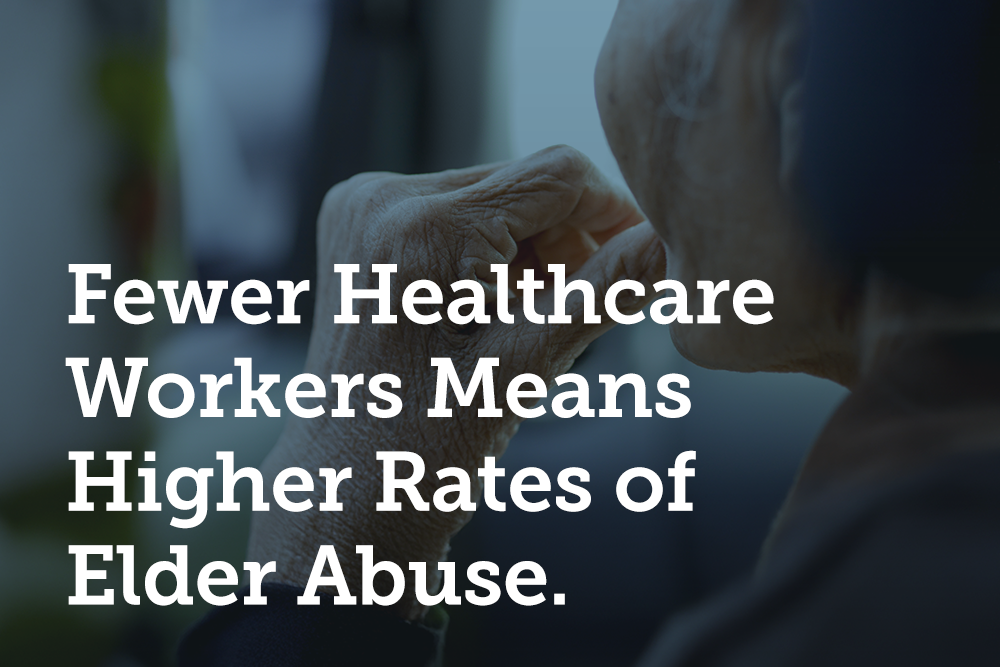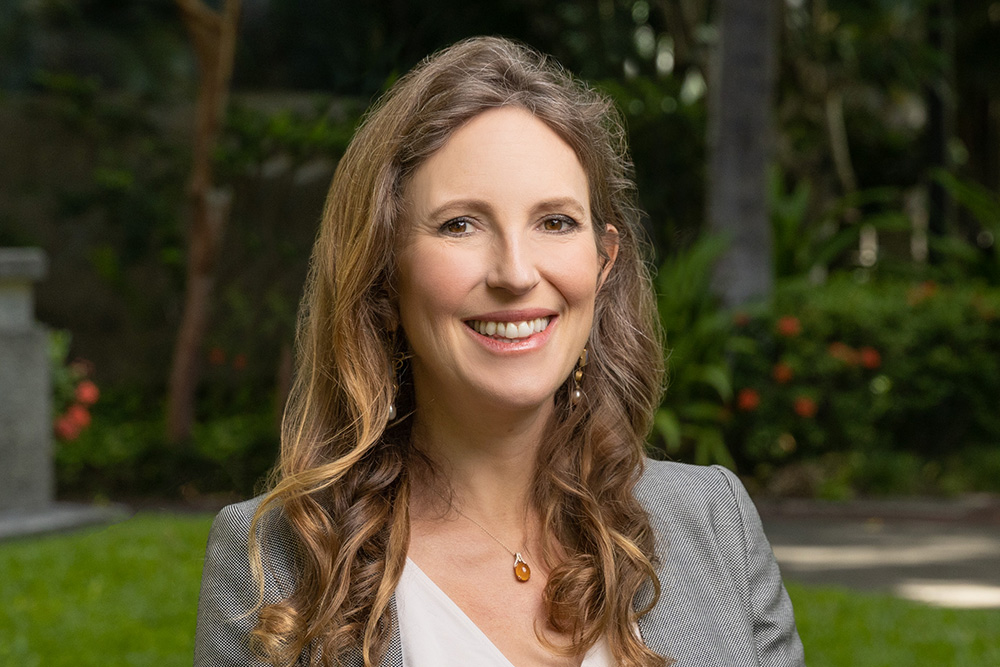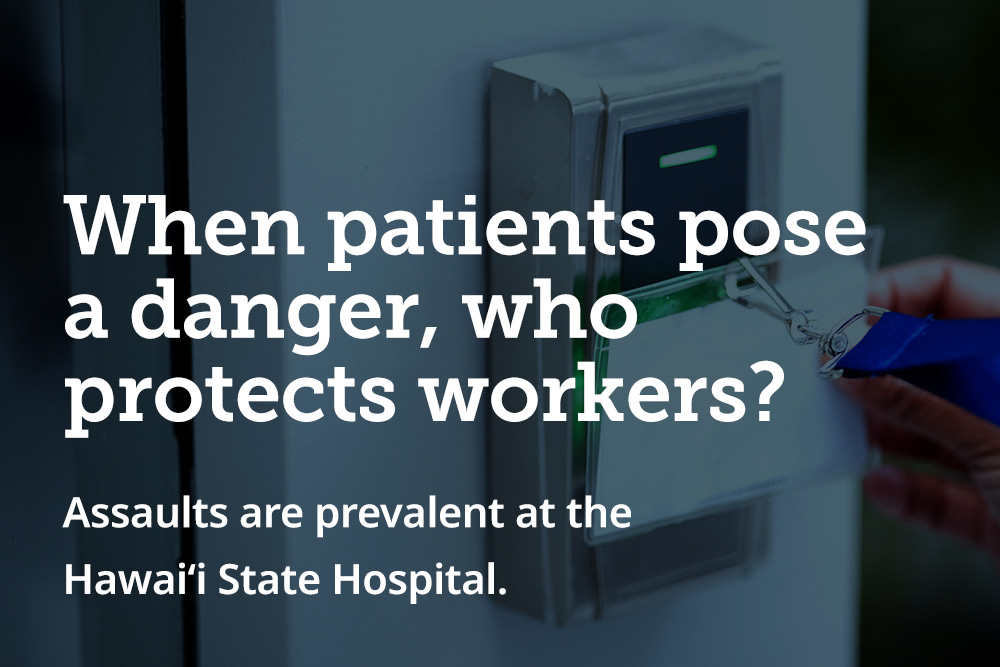Opposing views on GMOs have the state divided.
To some, including many natives of Kauai, Hawai‘i, the facts are stacked high against GMOs.
- 88 percent of corn and 94 percent of soy grown in the U.S. is genetically modified
- The FDA has approved genetically modified (GM) crops for consumption
- There has never been a universally accepted study that has found GM food to be unsafe.
According to state pesticide records, 18 tons of 22 Restricted Use Pesticides (RUPs – pesticides that require special permits) are sprayed each year on Kauai. The American Cancer Society and American Academy of Pediatrics have linked 15 of those to cancer in recent studies. Factor in the general use variety, and 63 different pesticide compounds are sprayed in the island’s cornfields annually, and nobody knows exactly how that cocktail may impact the land and surrounding communities.
However, even with those strong facts, GMOs have their proponents, agrichemical companies, who argue that GMOs saved the big island’s papaya growers and have the potential to significantly aid other states’ agricultural industries as well. According to the Hawai‘i Crop Improvement Association (HCIA), together, the companies account for $260 million of the state’s GDP, while claiming indirect responsibility for an additional $280 million, via employee-driven commerce, annually. They employ 2,000 workers, maintain valuable irrigation infrastructure, and make use of the land that would otherwise remain abandoned.
While the pesticides sprayed on GMOs may be seen as a savior to some, to the residents of Lower Waimea, they are turning their community into a place where asthma, severe skin rashes, nose bleeds, allergies, and migraines are rampant, and where area residents claim there are 37 cancer cases in a neighborhood of just 800 people. It is an alarming statistic that, if it holds up under scrutiny, is over 10 times the cancer rate statewide.
How are Neighborhoods Exposed?
When pesticides are sprayed over crops, the pesticides can become airborne and drift away from the intended agricultural field. This is called pesticide drift. Pesticide drift can float downwind into exposing nearby communities to toxic chemicals.
Other exposures are a result of contaminated dirt from year round pesticide spraying. GMO growers are particularly generous with pesticide application, even when their fields are fallow. The loose top soil and pesticide residue are easily picked up picked up by the wind and blown into neighboring areas that border the GMO fields, again contaminating homes and further exposing the families that live there.
How Pesticides Cause Birth Defects
Although small plots of drought- and saline-tolerant seed are being developed on the island, the primary cash crop on Kauai is a corn seed known as Round Up Ready, an herbicide-resistant plant that allows growers to blast an entire cornfield with Round Up, or Glysophate, to kill weeds but not their crop. One resident states that, “they’re spraying endocrine disruptors which are very volatile with kids at a vulnerable age. We’re talking about kids between sixth and eighth grade, going through puberty, and getting chronic exposure.”
These kids will one day grow up and potentially be parents. Pesticides can cause birth defects in children whose parents were exposed through airborne pesticide drift, groundwater contamination or farm work. The toxins in pesticides can be inhaled, ingested, or absorbed through the mother’s (or father’s) skin and may then damage the parents' chromosomes. If a child is conceived before or soon after a mother's or father's pesticide exposure, the unborn child may inherit abnormal DNA and suffer from a serious heart condition or other birth defects once born.






